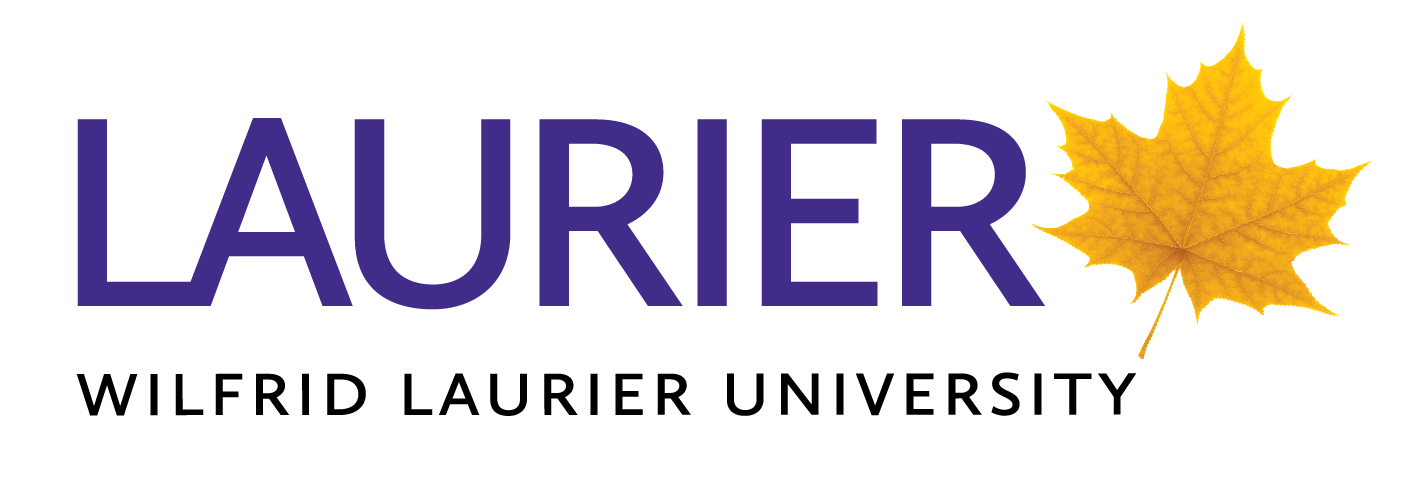0421 - Dissociative Identity Disorder (DID)
Course Description
Hours: 12
Dissociative identity disorder (DID), a common disorder resulting from severe early childhood trauma, is most typically associated with extreme and repeated episodes of physical, sexual and/or emotional abuse. Dissociation occurs along a continuum from mild to severe. The mildest forms generally fall within the range of normal human experience, while the more severe forms pose a range of problems that debilitate the individual experiencing them. Dissociation can be viewed as a mental strategy or cognitive process that involves the ability to escape stressful or harmful situations by creating another place for the mind to go. This course offers an introduction to dissociative identity disorder and will include an overview of its diagnostic criteria, etiology, treatment phases and key techniques.
Learning Outcomes
- History of DID: Prior to, during, and post Freud.
- Etiology: Four pathways to DID.
- Assessment and diagnoses.
- Clinical features.
- DID and other co-occurring disorders.
- Principles of treatment for DID: Initial, middle, late phases of treatment.
- Key techniques to working with DID.
- Explaining DID to a client.
- Therapeutic neutrality.
- Grounding techniques.
- Talking through the alters.
- Orienting alters to the body and the present.
- Creating empathy with the host.
- Host resistance.
- Working with persecutor alters and identification with the aggressor.
- Increasing interpersonal communication and cooperation, co-participation and co-consciousness.
- Journaling and drawing.
- Other strategies and approaches.
Notes
Time Zone: All listed class times are held in ET (Ontario, Canada)
For more information contact the Faculty of Social Work Professional Development office:
Email: fswprofessionaldevelopment@wlu.ca
Phone: 548-889-5128
Cancellations and Transfers
Be sure to carefully review our cancellation and transfer information before registering.
Website: wlu.ca/fswpd
Applies Towards the Following Certificates
- Trauma Certificate : Trauma Certificate
This course has already taken place for the current academic year (July 1, 2025 to June 30, 2026).
The 2026/2027 Faculty of Social Work Professional Development course dates will be posted on this website on July 3, 2026.

